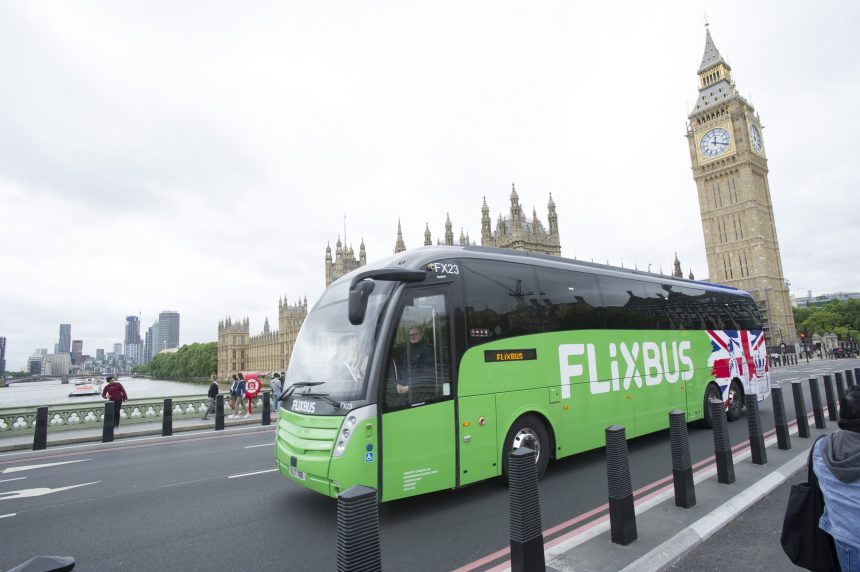FlixBus parent Flix has reported a 53% rise in patronage to 36 million for the first half of 2023 compared to the same period last year. Total revenue grew by 54% to €860 million over the same period across the FlixBus, FlixTrain, Greyhound and Kamil Koç businesses.
Adjusted EBITDA was €26 million (an improvement of €85 million compared to H1 2022) to give a corresponding margin of 3%. Flix CEO and Co-Founder Andre Schwammlein says that such progress is indicative of “sustainable and profitable growth.”
He notes that Flix continued to expand its offer during H1, including launch in Finland and Greece. The business expects to see an over 25% growth in revenue across fiscal year 2023.
Europe accounted for over 24 million passengers in H1, an uplift of 75%. That was reflected in revenue growth of 91% to €477 million. In North America, FlixBus and Greyhound patronage was up by 33% to 5 million, with revenue rising by 19% to €279 million. Kamil Koç in Turkey saw patronage up by 14% to over 6.8 million and revenue rise by 34% to €88 million.
“We are on track in all segments and were able to significantly expand our offer in many markets in the first half of the year,” continues Mr Schwammlein. “Flix continues to be a global travel tech success story.”
Fleet transformation remains a priority for this business, it adds. The first five coaches in FlixBus colours to run on liquefied natural gas will be deployed on domestic routes in Germany over coming months in collaboration with Scania, which “will reduce CO2 by using biogas.”
By 2025, a total of 50 such coaches will be in operation as part of Flix’s commitment to CO2 neutrality in Europe by 2040. Further reductions are in the pipeline, with Flix underlining its intention to “continues to be a pioneer in the field of alternative drive systems.”
It has long held an interest in hydrogen fuel cell-electric propulsion in coaches, although a mix of that energy source and battery-electric in the long term has also been suggested.



























